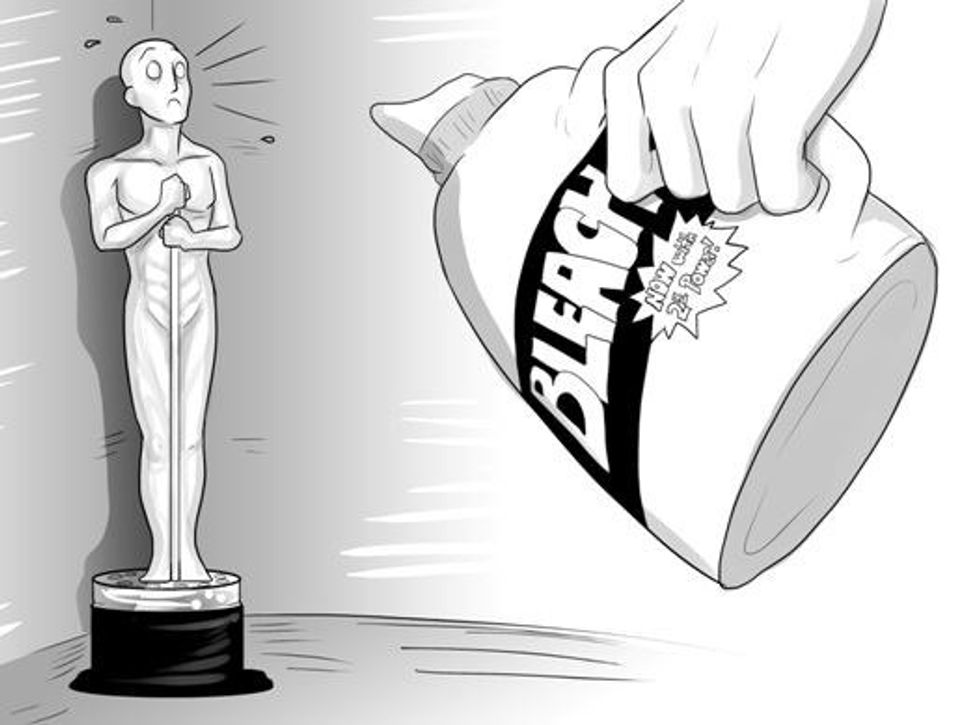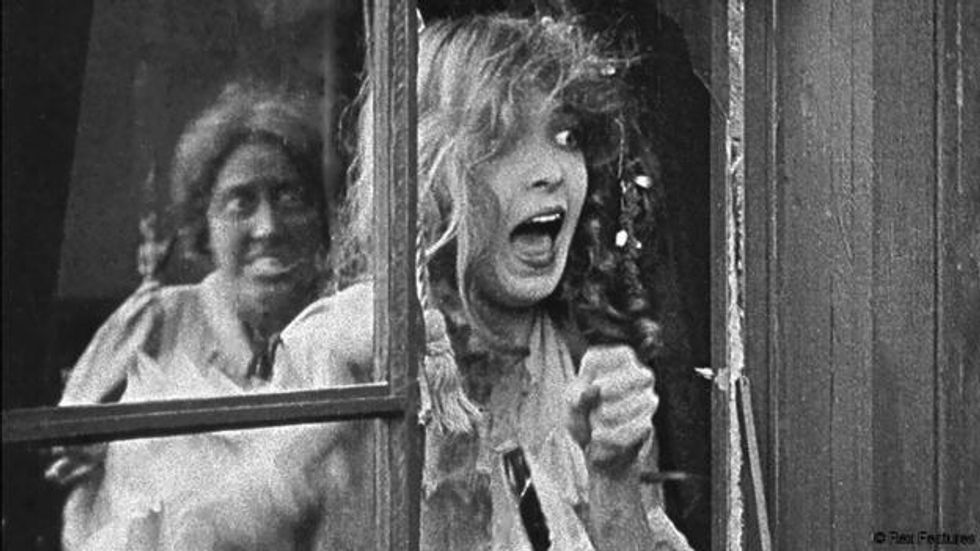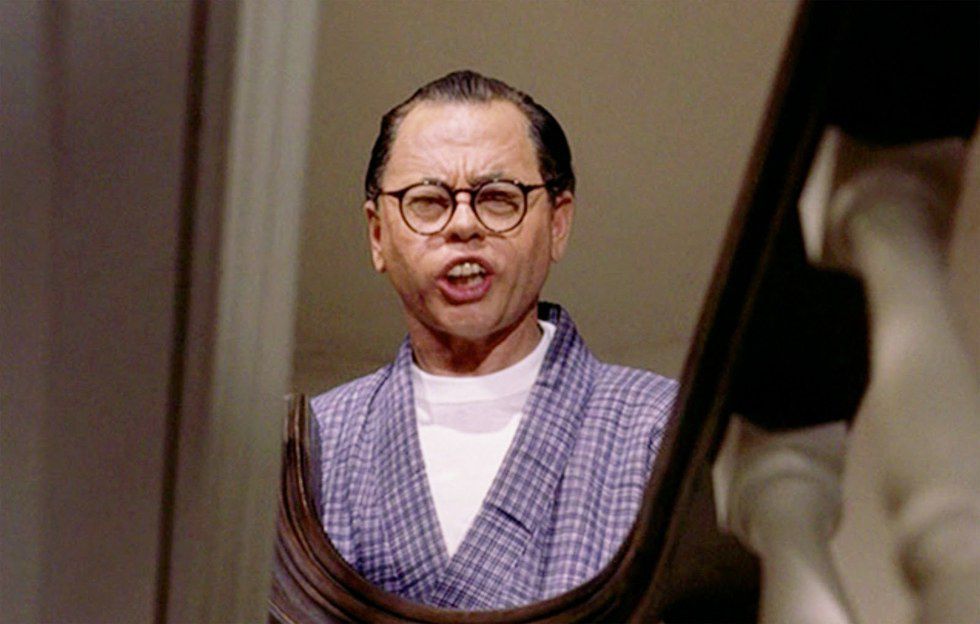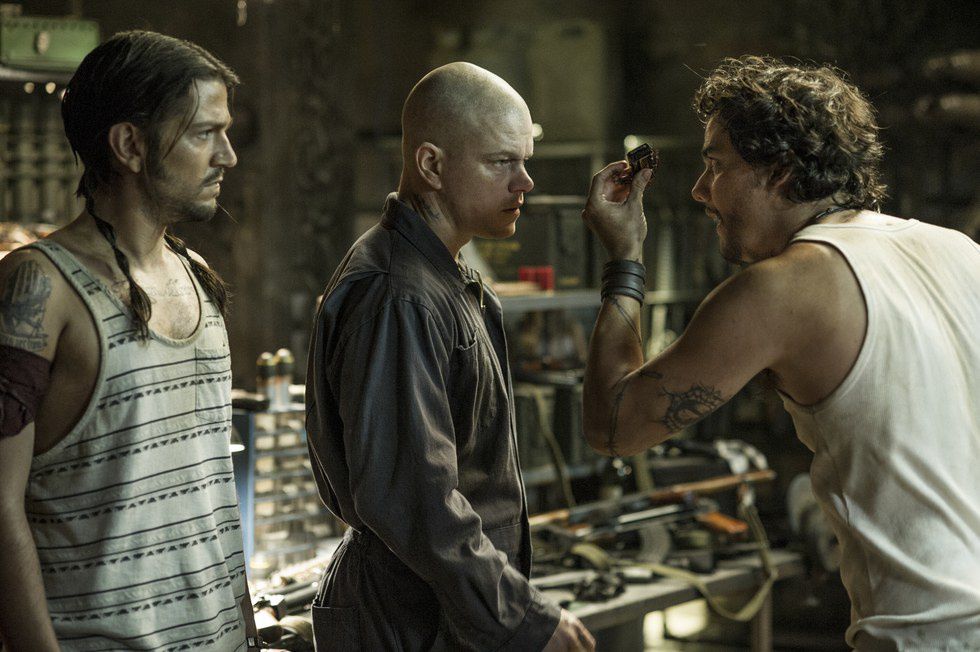Since its invention, film has always been inherently known as one of the most racially biased mediums in art. The development of nitrate and cellulose film was never designed with exposure to darker skin tones in mind, and when the medium began to take root in America, Hollywood never bothered to correct this lapse in design. Rather, some of the first films that would ever be produced by America’s budding film industry, would not only feature large casts of white actors, white directors, and screenplays written by white men, but the appearance of American people of color in film was only as a marginalized, mongoloid caricature, reflective of the attitudes of the white majority of that time.
One hundred plus years later, the issue hasn't changed. Treatment of people of color, or “POC”, in the United States, is a battle still being waged, and Hollywood's representation is at the forefront of it, as year by year, more American films are produced that are either cast, directed, or written in ways that are debatably just as racist as the days of nitrocellulose.
With over a century of film history behind us, who is at fault for the lack of inclusion and downright racial slurs that still continue today? The inventors of film are long gone. Do we blame the film studios, for excluding scripts featuring POC? The Directors Guild of America, for featuring so little diverse faces amongst them? The screenwriters who put their racist attitudes onto paper? Or our casting directors, who still haven’t seemed to grasp the concept of an “open casting call”?
What does this say about all of us? Is our film industry a reflection of a racist society, or have we been stimulating it all along?
In the beginning, many “racist” films were purely propaganda. The target for racism here in America has always changed with the times, often influenced by the largest influx of foreign-born people arriving to the United States, from “Irish Need Not Apply”, to the Japanese internment camps during WWII, until more recently, with the influx of immigrants and refugees fleeing to find a home within our borders from Latin American or Middle Eastern countries. When film was just starting to become an industry in the United States, the Jim Crow laws were still in effect. In tandem with this, D.W. Griffith, a member of the Ku Klux Klan, produced the film The Birth of a Nation, a film that – besides being one of the earliest examples of the use of “blackface” and featuring openly racist attitudes – is still taught and shown as part of “cinematic history” in classes today, and heralded by some as a "masterpiece".
Since the making of Birth of a Nation, the American film industry never really stopped framing POC as the “villains” in their movies. Too often, Hollywood either casts people with darker toned skin in the role of the antagonist, or completely whitewashes characters we are made to understand to be intended as POC. However, this vilifying of POC in film isn’t always as glaringly obvious as the casting of Arnold Volsloo as Imhotep in The Mummy, or Al Pacino’s portrayal of a Cuban immigrant, practically dripping in cocaine and illegality in Scarface. Take for example one of the most grossly underrated POC villains, meant to be purely be depicted as a racist caricature stereotype, Mr. Yunioshi, the vile, buck-toothed neighbor of Audrey Hepburn’s character in Breakfast at Tiffany’s.
One would think that with so much overwhelming evidence of racial prejudice over Hollywood’s history of filmmaking, the argument for a progressive change in POC representation in film would be solid. Yet there are still those that argue that the opposite is true – that the “liberal media” has been creating films that racially discriminate against the white majority, including people who have desperately been trying to make a case for “reverse racism”. For example, there were some film critics that claimed Neill Blomkamp’s film, Elysium, was meant to be a sympathetic allegory of “amnesty for illegals and Obamacare”, supporting this claim by the context of the rich (mostly white) characters who lived in an outer space Valhalla, while the poor (mainly minorities) were forced to remain on Planet Earth. It’s an absurd argument. The fact that the word “reverse” must be used in context with “racism” in order to infer discrimination against whites makes a very clear indication that the history of the vernacular still indicates a connotation of racism that is tied with being a person of color. “Discrimination” against white people hasn’t been and still isn’t a major social concern at this time, and so hardly worth discussing.
There is no refuting the existence of racism in American culture – a simple analysis into its media is all it takes to reveal the layers of racial prejudice that still exist. And it is worth analyzing – from the big corporations, to the social commenters. A breakdown of all these things will reveal how these racial tropes in film are built up, because in truth, each element of filmmaking plays a part in portraying a racial stereotype in film. An analysis of this, in itself, might even delve deeper into what causes racist behaviors and attitudes in the first place, and why those attitudes continue from generation to generation within American society. The straightforward truth of it is, American films both influence and are mirrors of racism in our society. And they will continue to be, unless filmmakers and audience members alike take a stance in changing this.


























